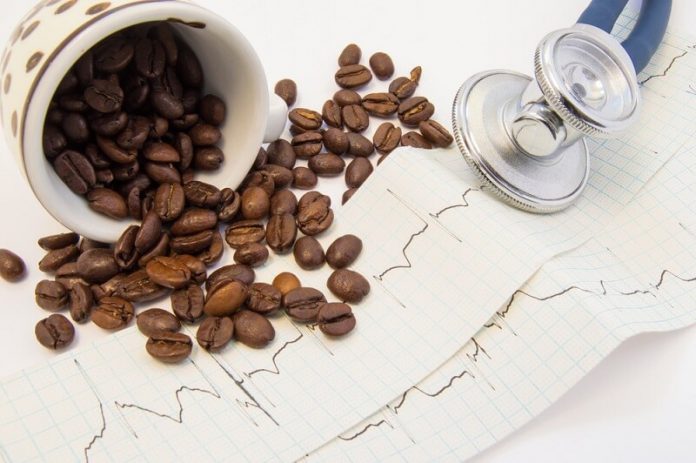Coffee is a very popular drink around the world. About 50% of people in the US drink it regularly, averaging about 3 cups per day. A lot of people have asked me about coffee and health. Since there is a lot to be said on the subject, I will split the information up into two separate articles. Here is the first part.
Beyond Caffeine
While caffeine is the major active ingredient in regular coffee, there are many other compounds in coffee that affect our body.
Caffeine definitely has an effect on our health and well-being, but coffee is not the only source of caffeine. Therefore I will cover caffeine and its negative effects on health separately (second part).
Coffee and type II diabetes
In the past couple of years there has been some interesting evidence suggesting that long term coffee consumption lowers the risk for type II diabetes.
A substance called chlorogenic acid is most likely responsible for this. It is an antioxidant that can counteract some of the oxidative damage that increases the risk of insulin resistance and diabetes.
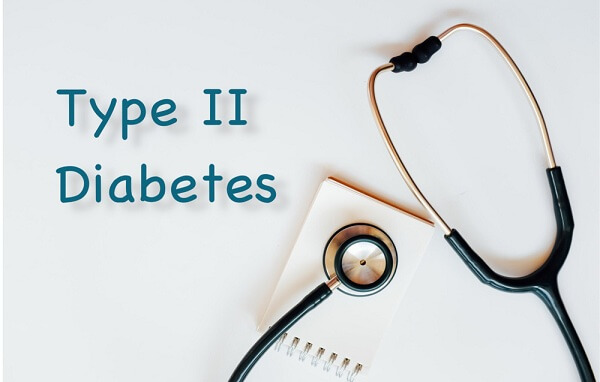
Chlorogenic acid improves glucose control
Additionally, chlorogenic acid enhances the glucose uptake in your intestine and inhibits the glucose-6-phosphatase system. Don’t worry if you have no idea what that means — what is important is that this substance can enhance your glucose control and therefore prevent disease.
Choose decaf coffee
Decaffeinated coffee is better than caffeinated one in this case. Caffeine has the opposite effect and impairs your glucose metabolism. It makes it so that your muscles have a harder time taking up the glucose, leaving it in your blood for longer…
Coffee and heart disease
So far there are no studies that show a direct correlation between coffee intake and heart disease. This means that no studies have shown that people who drink more/less coffee somehow have more strokes, heart attacks, etc.
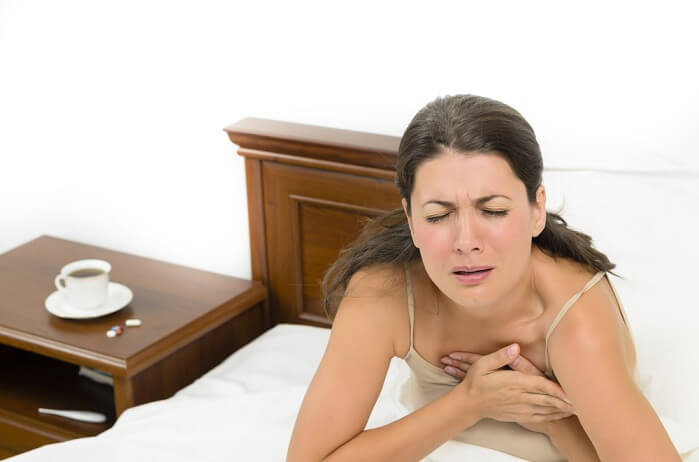
Increase in heart disease risk factors
But we do know that certain substances in coffee increase heart disease risk factors, such as high total cholesterol, high LDL cholesterol, and high triglycerides.
Two substances, in particular, kahweol and cafestol, have been shown to raise serum cholesterol levels and triglycerides.
Differences in coffee
Kaweol and cafestol are contained in the oil of the coffee bean and can be filtered out. Unfiltered coffees such as French press, Scandinavian, Turkish, and Greek-style coffee have the highest levels of them, while most filtered coffee contains negligible amounts.
Case study:
In one study, participants drank about 5 cups of brewed coffee everyday. Within less than a month their cholesterol levels rose on average by 25 mg/dL (0.65 mmol/L) and their triglycerides rose by 27 mg/dL (0.30 mmol/L). In another study, where participants drank even more coffee, the cholesterol levels and triglyceride levels increased 50.2% and 87% respectively.
Coffee and cancer
Even though kahweol and cafestol increase heart disease risk factors, they have also been shown to be anticarcinogenic and antimutagenic.
Again kahweol and cafestol are only present at significant levels in brewed (not filtered) coffee.
Cancer-causing
Through the high heat of roasting, several carcinogenic substances are created. The longer and darker the roast, the greater the number of carcinogens present in the coffee.
While kahweol and cafestol act as antioxidants, facilitating the removal of carcinogens, their amounts are significantly reduced during the roasting process.
Which one is it!? Is Coffee Good Or Bad?
You might wonder whether this means that coffee is good or bad for cancer. This is hard to answer. Not only does it depend on the antioxidant levels in the coffee (dependent on roasting, filtering, etc.) but it also depends on cancer.
There have been studies showing both beneficial and adverse effects of coffee on colon cancer, but for the most part, there is no good evidence that suggests that coffee increases cancer.
However, coffee consumption has been associated with a beneficial effect on liver cancer and cirrhosis.
Coffee and gastric/esophageal health
Coffee does a variety of things that have en effect on our stomach and esophagus. Some of the effects are due to caffeine and are therefore covered in the next post.
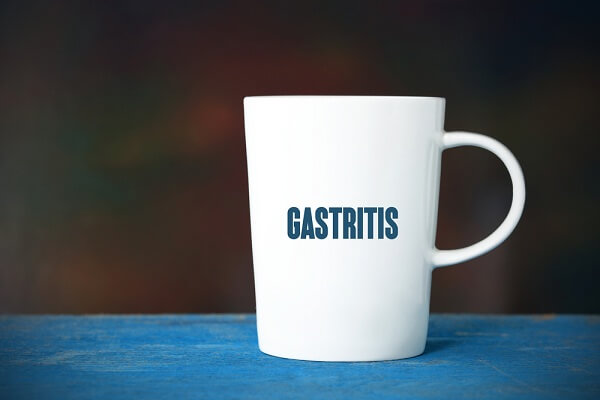
Coffee increases stomach acid
Both caffeinated and decaffeinated coffee increases the production of stomach acid. Interestingly, decaffeinated coffee does so at a greater level. Increased levels of stomach acid can lead to a variety of problems.
It can increase symptoms of peptic ulcers, erosive esophagitis and acid reflux. If you suffer from heartburn for example it is probably a good idea to eliminate coffee from your diet.
Coffee and intestinal health
As mentioned above, coffee increases the production of stomach acid. Coffee also makes it so that your stomach contents leave the stomach more quickly. The stomach itself has ways of protecting itself from the irritating acid.
Once the acid goes into the intestine it needs to be neutralized by bicarbonate from the pancreas. This takes some time and when there is too much acid (due to coffee for example) the acid can potentially damage the intestinal walls.
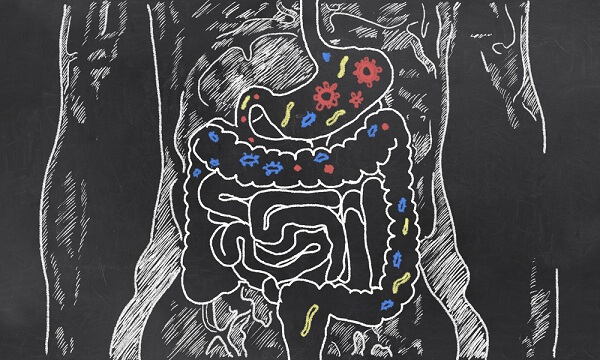
IBS, Crohn’s disease and ulcerative colitis
While this might not be a problem for some people, it is most likely a problem for people who have already damaged or highly sensitive intestines. This includes people with IBS, Crohn’s disease, and ulcerative colitis.
The laxative effect of coffee for health
Caffeinated and decaffeinated coffee alike can have a laxative effect in susceptible individuals. Just four minutes after coffee consumption your body can be stimulated to “let go” whether your stool is ready or not.
This can lead to diarrhea and loose stools. This is obviously, not only uncomfortable but can lead to water and nutrient loss. Your body needs time to reabsorb some water and nutrients from your stool before releasing it… this does not give it time to do so.
did you know… ?
There is a positive relationship between smoking and drinking coffee. This link has been studied and part of it is due to psychological factors: some people tend to be more susceptible to addictions. Also, nicotine makes caffeine less “effective”. Unfortunately, smoking and drinking coffee is a bad combo for the heart. The negative effects (stiffening of the arteries etc.) of both behaviors combined is worse than simply adding the negative effect of both of them…
Coffee and nutrients: Reduced zinc absorption
Coffee contains substances that reduce the absorption of zinc from foods. These substances are reduced by roasting but still present. Decaffeinated coffee is somewhat better since caffeine also inhibits zinc absorption.

Reduced Iron absorption
Coffee also reduces the absorption of one type of iron: nonheme iron. This is the iron that is found in plant and dairy sources, versus the more readily absorbed heme iron found in meat.
When coffee is consumed one hour before the meal, there is no reduction in absorption. However, if coffee is consumed during or one hour after the meal, iron absorption is reduced by about 39% (by one cup of coffee).
The more coffee you drink before or after the meal, the less iron gets absorbed.
did you know… ?
Coffee is not the only beverage that reduces iron absorption. Tea and red wine reduce iron absorption even more! A lot of people get plenty of iron (even vegetarians and vegans), but if you suffer from low iron levels it is probably a good idea not to consume these beverages with or after your meal — wait at least two hours.
Conclusion
Once again, coffee is a great example of a food that can be perfectly healthy for one person but harmful to another person.
There are benefits and risks involved with various foods and it is important to make decisions based on your body (current condition, family history, etc.).
Keep in mind that this discussion of coffee is not conclusive, the effects of caffeine on health are substantial and were not considered in this article.
General advice
If you suffer from heartburn or some of the other listed gastrointestinal problems you could give up coffee for three to six months and see if any symptoms improve.
If you have problems with sugar metabolism (insulin resistance, diabetes or low glucose tolerance) you could try to switch to decaffeinated coffee and see if it makes any difference.
Non-coffee drinkers
For all non-coffee drinkers: I don’t think that the non-caffeine related potential benefits of drinking coffee justify starting to drink coffee.
There are many other ways to get antioxidants, without some of the risks involved in drinking coffee. However, if you have poor blood sugar control or diabetes you could try to add decaffeinated coffee to your diet, as mentioned above.
did you know… ?
Researchers have found that simply smelling coffee aroma changes the gene expression in the brain to reduce stress that is related to sleep-deprivation.
Coffee drinkers
For coffee drinkers: depending on what kind of coffee you drink (decaffeinated vs. caffeinated etc.) you should wait to read part two of this article, where I will talk about caffeine.
I don’t think that you should give up coffee if it gives you a lot of pleasure, but you might consider switching to another type of coffee or reducing the amount you drink.
It is probably best to consume coffee (like most things) in moderation and limit its consumption to about two cups a day.
Coffee And Health: Research papers
All the information in this article comes from scientific studies. Since there are close to a hundred research papers that I could have cited in this post, I left the sources out completely. If you are interested in reading any of the papers, PLEASE email me and I can point you in the right direction.
I hope that this article was helpful to you. Due to the vast amount of complex information involved in this post a lot of the explanations are short or non-existent. Please let me know if you have any more questions!
Thanks to my readers
This article was a request from some of you. I want to thank you for trusting my knowledge and asking me such great questions! Please, feel free to email me if there is something you want me to cover or if you have a question. It can be about cooking, nutrition, or personal. ☺
Disclaimer
Please know that I am not a medical doctor and that my advice is not meant to diagnose or treat any disease. All the information is based on my understanding and interpretation of science and various research papers.
let me know…
Do you drink coffee? If so, what kind? Decaf, filtered, etc.
